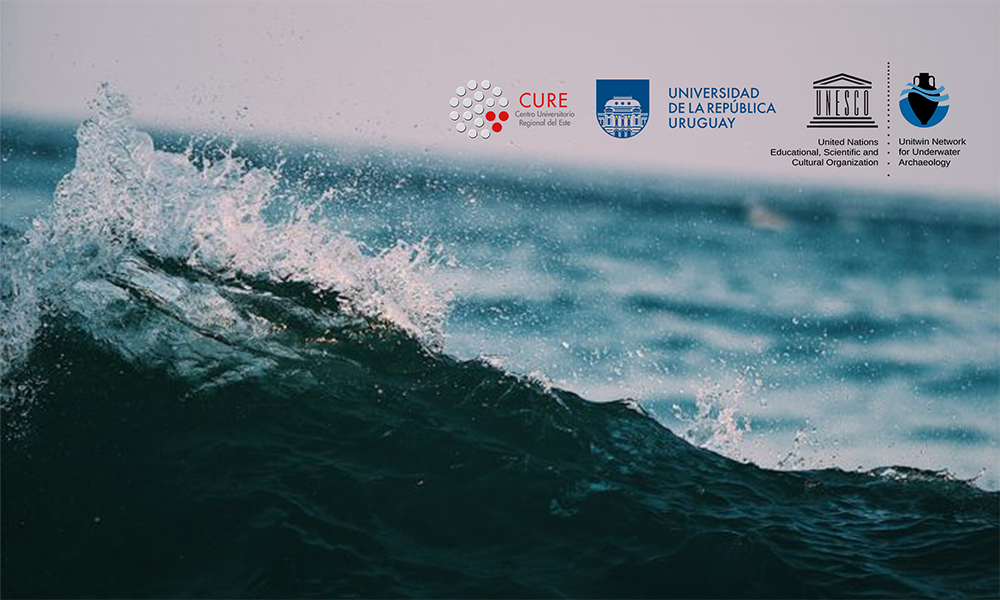Maritime and Coastal Anthropology has dedicated its study to the social groups that base a large part of their production and social reproduction on working at the sea, focusing almost exclusively on artisanal fishermen. These works have been interested in the analysis of technological changes, seek and extraction techniques, economic, political, social, and environmental aspects. Although recently this study topics have been extended to elements related to tourism and development projects, the focus continues to be traditional fisheries.
At the CIPAC we have developed since 2004 a research line that was enriched by the contributions mentioned above and at the same time broadened and extended this look towards other “nature-culture groups”. To do this, we return to some of the knowledge that the specialty has generated in regard to the specificity of the maritime and coastal territory and the particular relationship that is established with a space with specific characteristics. Maritime anthropology has highlighted that coastal groups require specialization by presenting some elements that distinguish them from other social groups, among these: the nature of the environment where the activity takes place, the risks involved, the various appropriations of the sea (resource common) that differs from the forms of ownership observed on land, a particular division of labor, various systems of ownership of the means of production, the share labor system, among other aspects.
In the development of this line we incorporate some of these discussions and extend the study to other social actors, linked to said environment in different ways, such as productive activities, recreation, contemplation, management and scientific research. With this perspective we seek to broaden the understanding of the maritime-coastal space, to various experiences, objects, knowledge, ways of interacting and perceiving said space. In this sense, this line of research seeks to account for the multiple “maritimities” and “show that the sea and the oceans, from the beginning of humanity, were objects of curiosity, knowledge, rich symbols and ancient practices linked to the fishing, collecting, navigation. All these activities were demanding a growing knowledge of the sea and its phenomena, from the practices that were accumulated. Hence the importance of the concept of ‘maritimacy’ understood as a set of various practices (economic, social and, above all, symbolic) resulting from human interaction with a particular and differentiated space from the continental one: the maritime space. “Maritimacy” is not a concept directly linked to the oceanic world as a physical entity, it is a social and symbolic production”
In general, this line takes up the discussions of the anthropological tradition on nature and culture, addressing the issue of human relationship with the environment, seeking to transcend the dichotomous vision and generate conceptualizations that allow it to be understood as a process in transformation in which humans and non-humans interact. in various ways.
